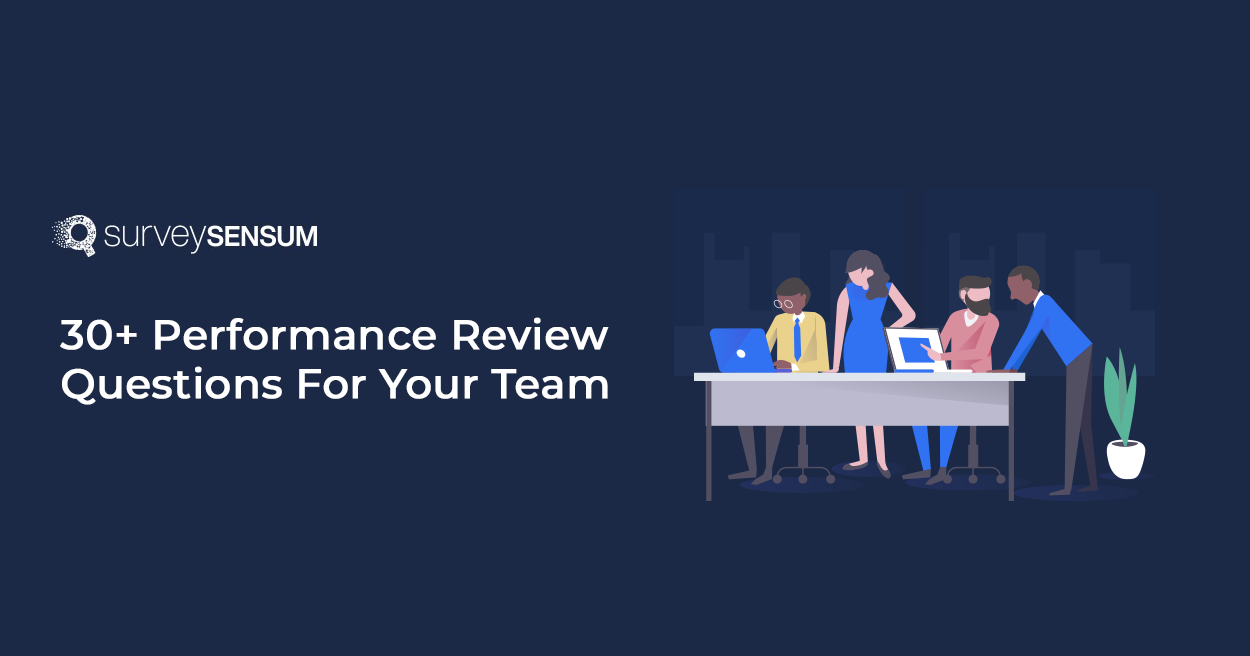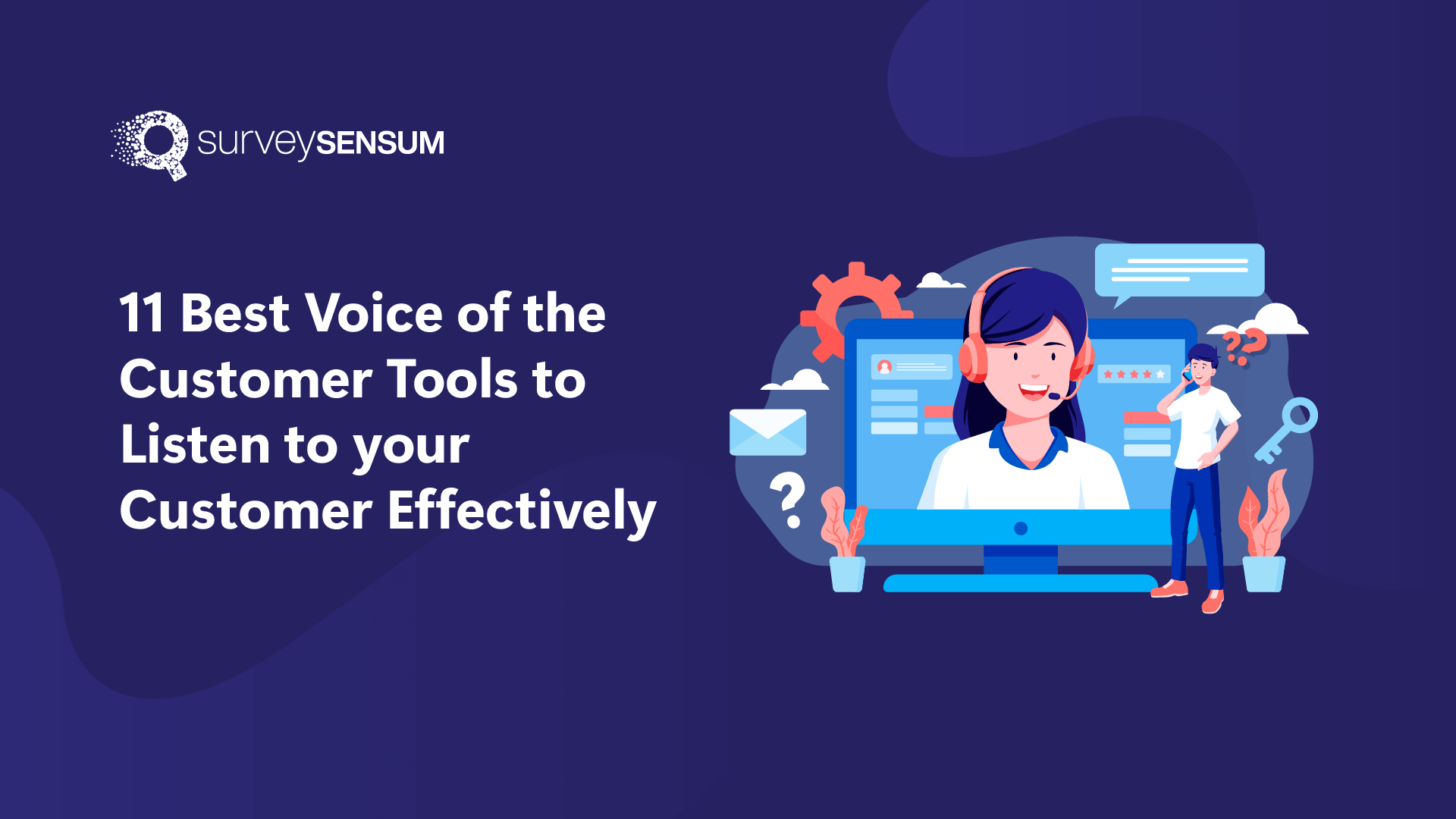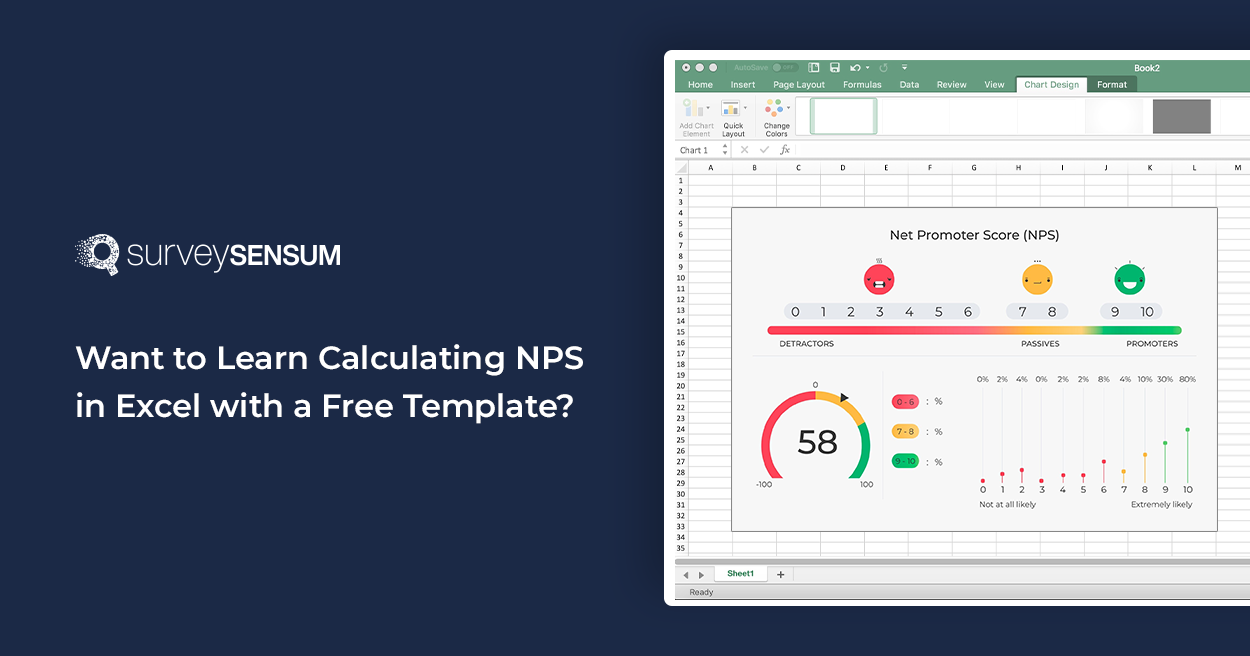
Often performance reviews are misunderstood and seen as a dreaded task, a box to tick off, or even a necessary evil. How about you look at them differently?
Consider them an opportunity to connect with your employees, identify accomplishments & challenges, get first-hand feedback, and shape future trajectory.
In fact, 98% of organizations state performance management programs are crucial to business success.
However, only 3% of organizations acknowledge they’re doing performance reviews correctly.
Want to bridge this gap? Ask the right performance review questions.
Let’s uncover what they are, their importance, who asks them, and 30+ sure-fire questions to ask during a performance review.
What Are Performance Review Questions?
Performance review questions equip you to dig deeper into your team’s performance. They’re designed to kick off meaningful conversations about how your employees are doing, where they’re thriving, where they might need support or additional resources, and align organization expectations with employees’ goals.
These reviews are a foundation for important conversations, like salary hikes, and are crucial for motivating & growing your team and the overall success of your business.
But Why Are Performance Review Questions Important?
Asking the right performance review questions leads to better alignment with your business goals, increased productivity, and higher employee satisfaction. About 68% of employees say they feel fulfilled in their jobs when they receive accurate and consistent feedback. When your team feels supported and valued, you can boost job satisfaction, leading to higher engagement and lower turnover rates. In fact, nearly one in four employees (24%) would consider quitting their jobs if they don’t receive adequate performance feedback.
Now, let’s get to know the key players who drive the performance review process.
Who Asks Performance Review Questions?
Understanding who asks the questions is crucial for an effective review process. Each stakeholder’s perspective contributes to a more balanced evaluation. Here’s a typical list of stakeholders involved in the process.
- Managers: Direct supervisors who assess employee performance.
- Team Leaders: Leaders who see specific projects.
- Human Resource Professionals: HR staff can facilitate the process to ensure alignment with company policies.
- Executives: Senior leadership can conduct high-level reviews for key roles.
Finally, let’s dive into the must-ask questions to truly strike a balance between asking your employees questions about their performance and motivating them.
30+ Must-Ask Questions for Performance Review
Here’s a breakdown of key performance review questions to show that your priorities are employee engagement, growth, and satisfaction.
1. Performance Review Questions for Analyzing Job Performance
What Is It?
Performance-based questions decipher how your employees are fulfilling their roles – what work was done, how it was done, and the tangible value it brought to your organization. This helps you identify & reward top performers, make informed decisions about skill development, and ensure alignment with organizational growth objectives.
Why Is It Important?
Performance-based questions are all about identifying the true contributions of all your employees. They evaluate the impact of your employee’s work – what tasks were completed, how effectively they were executed, the strategies used, and the results achieved.
Questions To Ask:
1. On a scale of 1 (minimal) – 5 (exceeded goals), rate your progress toward your goals from the perspective of someone who only has access to results, not your efforts.
2. What are your key accomplishments, and what you learned from them?
3. How do you ensure your work aligns with broader organization goals?
4. How do you prioritize your tasks, and which methods effectively manage your workload?
5. What one aspect would you remove from your daily tasks that you believe hinder your performance?
6. How do you track and measure your productivity?
Utilize our easy-to-setup surveys, AI-driven insights, dynamic dashboards, and anonymous feedback options to effectively analyze employee performance.
2. Performance Review Questions for Identifying Employee Strengths
What Is It?
Strengths-evaluation questions identify & assess your employees’ strengths, unique skills, and attributes they bring to the role. These questions reveal what motivates your employees.
Why Is It Important?
These questions ensure that assigned tasks fit your employees’ strengths so that you can boost job performance, satisfaction, and productivity. This helps you optimize resource allocation, reduce turnover, and foster a more motivated workforce.
Questions To Ask:
7. What fuels you to deliver exceptional results in your role?
8. Which aspects of your job do you excel in, and how can we build on those strengths?
9. Can you describe a situation where your strengths clashed with a team’s needs? How did you adapt your steps to ensure a positive result?
10. Which of your strengths are underutilized, and how can we tap into them more effectively?
11. What would you do if you noticed a recurring issue outside your immediate responsibilities, but impacting your team’s success?
3. Performance Review Questions for Identifying Development Areas
What Is It?
Development-oriented questions identify areas where your employees need growth so that you can uncover potential skill gaps, knowledge deficiencies, and more.
Why Is It Important?
Questions focused on development areas pinpoint areas where employees need support, allowing you to make strategic decisions to boost overall team performance. These insights help you offer targeted training and support that helps build a competent and productive workforce.
Questions To Ask:
12. Which areas of your work are most demanding, and how do we work together to sail through them?
13. How do you respond to challenges, and what would you like to improve about your approach?
14. Reflecting on your recent projects, have you noticed any skill gaps, if yes, how can we support you to bridge these gaps?
15. What opportunities have you spotted for improvement, and how did you act on them?
16. Is there an area of your work where you’ve noticed a gap between your expectations and outcomes?
4. Performance Review Questions for Evaluating Satisfaction
What Is It?
Job satisfaction assessment questions gauge your employees’ contentment with various aspects of their work environment, role, and overall experience.
Why Is It Important?
These questions are crucial for identifying what aspects contribute to your employees’ satisfaction and if there are any areas of improvement. Understanding this allows you to prevent burnout, check their well-being, and identify what they value most.
Questions To Ask:
17. What aspects of your current role and projects are most fulfilling, and what factors contributed to that positive engagement?
18. On a scale of 1-5, where 1 means poor work-life balance and 5 means excellent work-life balance, rate your current work-life balance as if you were an HR professional. What changes would you recommend?
19. How do you feel about your growth opportunities within the company, and are there areas where you’d like to expand your skills?
20. What would you do to improve employee satisfaction if you could introduce a company-wide initiative/policy?
21. How empowered do you feel to make decisions about your work or your team’s performance?
Ready to level up employee satisfaction & engagement with SurveySensum? Capture real-time feedback, close the loop, and harness dynamic dashboards to turn insights into powerful actions.
5. Performance Review Questions for Enhancing Company Culture
What Is It?
Culture-enhancement questions identify what your employees find motivating about the culture and how to reinforce those elements to improve the workplace.
Why Is It Important?
These questions allow you to tap into what motivates your employees and what strategies can increase engagement and reduce turnover. Additionally, you get insights into your employees’ perspectives on inclusivity, diversity, and equality.
Questions To Ask:
22. What aspects of our company culture are motivating for you?
23. What cultural aspect is missing from our workplace that could boost employee morale?
24. How inclusive do you feel our workplace is, and what steps can we take to improve inclusivity and foster a positive environment for all?
25. What steps would you take if you had to redesign employee engagement and retention strategies?
26. What’s a potential challenge to our inclusivity initiatives?
6. Performance Review Questions for Empowering Managers to Lead Effectively
What Is It?
Leadership assessment questions invite constructive feedback on your management style and help you improve as a leader.
Why Is It Important?
These questions enable managers to learn how to strengthen leadership across the organization, leading to more motivated and productive teams. Better management practices foster a positive work environment and drive higher employee engagement.
Questions To Ask:
27. What can I do differently to support you better in your role?
28. Are there any resources that could help you perform better in your role?
29. How do you prefer to receive feedback, and how can I ensure it’s as helpful as possible?
30. What can I do to make you feel more empowered in your role?
31. What areas could I guide/lead the team differently?
The Bottom Line
Asking the right performance review questions can be your golden key to business success and employee engagement. However, almost 77% of HR leaders state traditional performance reviews can’t capture the true essence of employee performance.
To modernize the performance review process, you need a robust & flexible employee feedback tool like SurveySensum that can help you capture real-time feedback throughout the employee journey.
With its AI capabilities, you can uncover hidden sentiments and trends within employee responses to make data-driven decisions and foster a culture of continuous improvement.















